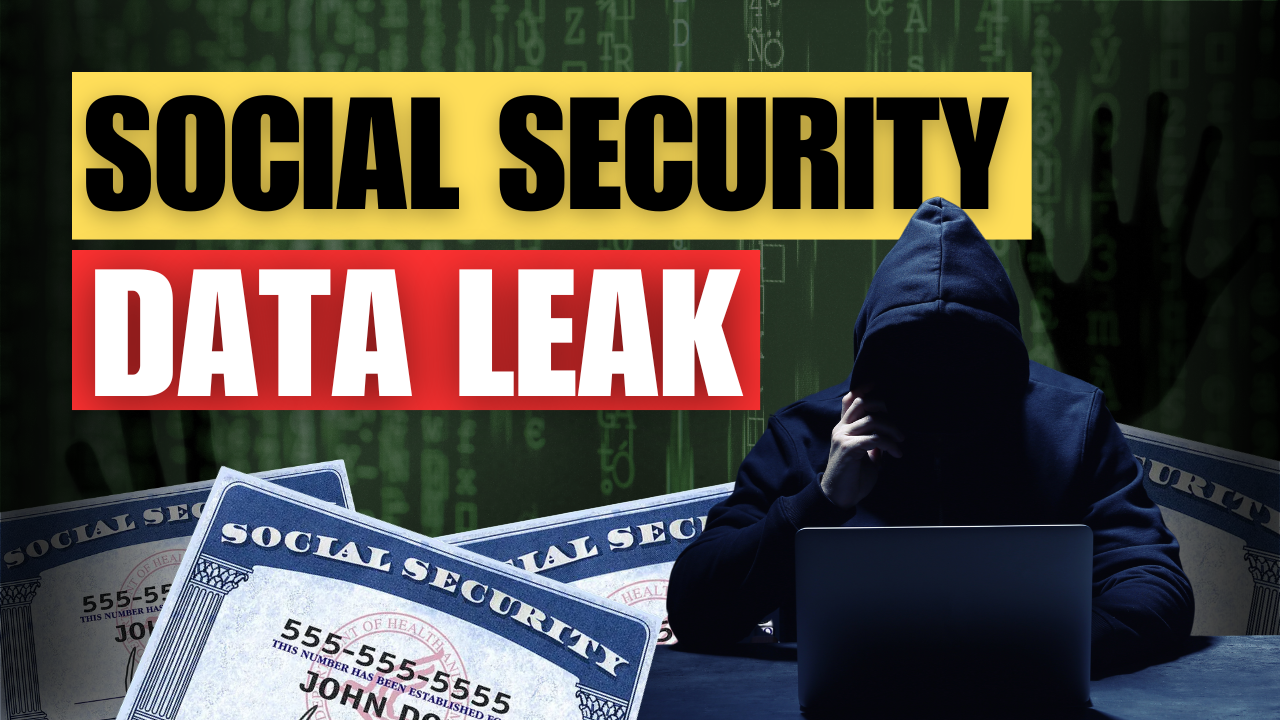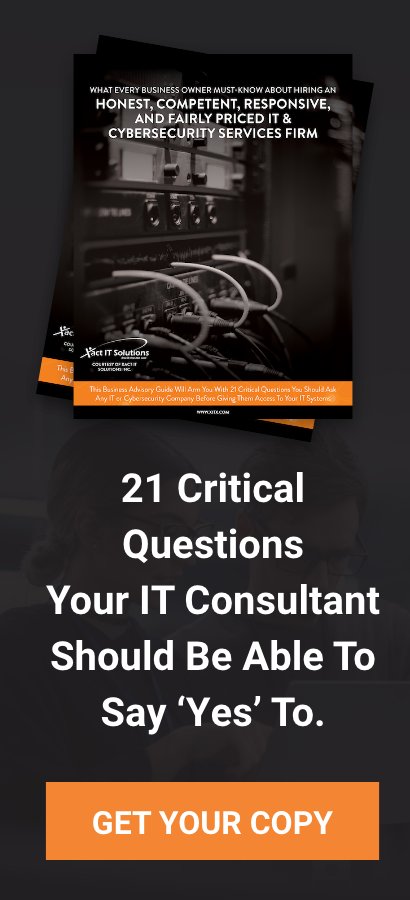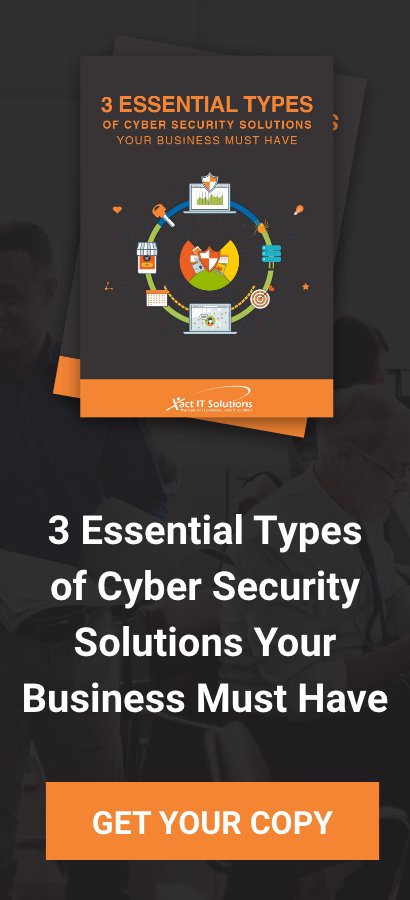Today, we're diving into a topic that's taken the internet by storm—something that has almost every American worried—the massive data breach that has potentially exposed the Social Security numbers of nearly every U.S. citizen. This could be one of the biggest breaches in internet history!
So, What Happened?
This breach involves 2.7 billion records that were leaked, including Social Security numbers, addresses, and other highly sensitive information. The data was originally stolen in April 2024, and the full dataset was leaked in August. Over the past few months, this situation has been brewing, and it’s now exploded into public awareness.
For years, I’ve warned on this channel and on my Security Squawk podcast that criminals on the dark web are continuously working to compile and monetize this data. This breach confirms that fear, as it’s now more evident than ever that cybercriminals are serious about exploiting stolen data.
Who’s Behind It?
A hacking group named “USDoD” is reportedly responsible. They initially targeted a company called National Public Data, which collects and sells personal information for background checks and other uses. The hackers tried selling the data for $3.5 million, but when they couldn’t find a buyer, they leaked it online for free. It’s a tactic we’ve seen before—they create chaos by releasing this data when they can’t monetize it directly.
The Bigger Picture
What we’re witnessing is the culmination of years of breaches—millions of records pouring into the dark web. These cybercriminals are correlating all this information and figuring out how to weaponize it against everyday people. This is why identity theft is on the rise, and we're starting to see how deep the impact goes.
What’s at Risk?
Potentially, every American’s Social Security number is exposed, along with names, addresses, and more. Whether you’re alive or deceased, the data is out there. Criminals can use this information for identity theft, extortion, or scams, like applying for credit or even unemployment in your name.
What Should You Do?
- Freeze Your Credit: If you haven’t already, do it now. I’ve said it before—freezing your credit should be the default. You only unlock it when you need it.
- Monitor Your Accounts: Keep a close eye on your bank accounts and health insurance records. Criminals could use your information to commit fraud or steal funds directly.
- Talk to Your Bank: Discuss fraud prevention measures. Ensure your bank has systems in place to stop suspicious transactions.
How Did This Happen?
Hackers exploited vulnerabilities in National Public Data’s systems—vulnerabilities that shouldn’t exist if the company had a solid cybersecurity program in place. I can’t stress enough the importance of managing vulnerabilities. If you want to learn more, check out my video on vulnerability management—linked somewhere in this video.
Wrapping Up
We’re in a time where cybercriminals are no longer just targeting businesses; they’re coming after individuals too. This breach is a wake-up call for everyone to get serious about protecting their personal information.
If you’re looking to level up your cybersecurity knowledge, whether you’re an IT professional or a business owner, check out my Defend Your Business Coaching Program. It’s currently only $19 a month, and you’ll gain strategies to safeguard your operations. But hurry—the price is going up soon as we add more content!



